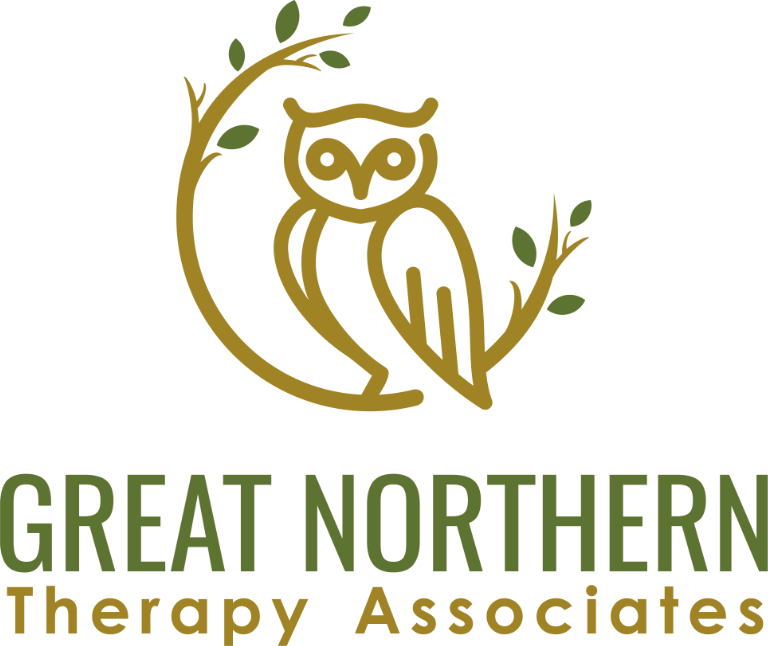Gratitude, the simple yet profound act of acknowledging and appreciating the positive aspects of our lives, has gained significant attention in recent years for its remarkable impact on mental well-being. By fostering an attitude of thankfulness, we can cultivate a mindset that elevates our overall psychological health and happiness. This article delves into the transformative power of practicing gratitude, exploring the science behind its benefits, its role in enhancing relationships and resilience, and practical ways to incorporate gratitude into our daily lives, ultimately promoting a more fulfilled and contented state of mind.
Unlocking the Psychological Benefits of Gratitude: A Path to Enhanced Well-being
Gratitude can be defined as recognizing and appreciating the positive aspects, experiences, and people in our lives. It involves acknowledging the good that exists and expressing thankfulness for the kindness, support, and opportunities we encounter. While this may seem like a simple concept, the science behind gratitude’s impact on mental well-being is compelling and well-documented.
Research has shown that regularly practicing gratitude can significantly improve psychological health. Grateful individuals tend to have greater life satisfaction, reduced stress levels, and an enhanced ability to cope with adversity. One of the fundamental mechanisms behind these benefits is the release of feel-good neurotransmitters like serotonin and dopamine, which are associated with happiness and reward. Moreover, gratitude helps to counteract the negativity bias, a cognitive tendency to focus on negative experiences and emotions, by shifting our attention to the positive aspects of our lives.
Some of the key psychological benefits of practicing gratitude include increased happiness, reduced symptoms of depression and anxiety, improved self-esteem, and enhanced emotional regulation. Additionally, gratitude has been found to promote better sleep quality, which is crucial for maintaining overall mental well-being. By cultivating an attitude of gratitude, we can tap into a powerful source of psychological nourishment and foster a greater sense of happiness and fulfillment in our lives.
Fostering Stronger Connections: The Role of Gratitude in Enhancing Relationships and Social Bonds
Gratitude plays a pivotal role in strengthening our relationships and fostering deeper social connections. When we express our appreciation to others, we acknowledge their efforts and kindness and reinforce the bonds that unite us. This simple act of gratitude can make others feel valued and respected, leading to increased trust and a greater sense of belonging within our social circles.
In addition to fortifying relationships, practicing gratitude cultivates empathy and understanding. By recognizing and appreciating the positive qualities and actions of others, we become more attuned to their feelings and perspectives. This heightened sense of empathy helps us better understand the people around us, fostering more compassionate and meaningful interactions.
Furthermore, gratitude enhances communication and emotional support within relationships. Expressing thankfulness opens up channels for honest and heartfelt conversations, allowing us to share our feelings and experiences more openly. This improved communication leads to a stronger emotional support system, which is crucial for maintaining mental well-being in times of need. By embracing gratitude in our daily lives, we can nurture stronger, healthier relationships and forge more meaningful connections with the people who matter most to us.
Embracing Thankfulness: Simple Tips to Practice Gratitude in Everyday Life
Practicing gratitude need not be a complicated or time-consuming endeavor. By integrating simple yet powerful gratitude habits into our daily routines, we can reap the numerous mental well-being benefits associated with a thankful mindset. Here are some practical ways to bring gratitude into your everyday life:
- Keeping a gratitude journal: Dedicate a few minutes each day to jot down the things, experiences, or people you’re grateful for. This practice helps to focus your thoughts on the positive aspects of your life and reinforces a grateful mindset.
- Expressing gratitude to others: Make a conscious effort to thank the people around you for their kindness, support, or positive impact on your life. This strengthens your relationships and encourages a cycle of gratitude and appreciation.
- Mindful reflection and meditation on gratitude: Set aside time for quiet reflection or meditation, focusing on the feelings of appreciation and the positive elements of your life. This practice can help to calm your mind, reduce stress, and foster a more profound sense of thankfulness.
- Incorporating gratitude rituals into daily routines: Develop personal rituals or routines that involve expressing gratitude, such as saying a silent thank you before meals, writing a daily gratitude tweet, or sharing your appreciation during family conversations. Consistent practice can help to make gratitude an integral part of your life.
Embracing Gratitude
Practicing gratitude offers a multitude of positive effects on mental well-being, including increased happiness, stronger relationships, reduced stress, and improved resilience. By embracing an attitude of thankfulness, we can enhance our mental health and enjoy a more fulfilling, contented life. As we integrate gratitude practices into our daily routines, we improve our well-being and contribute to fostering a more compassionate and understanding society.
Everyone should be encouraged to make gratitude a cornerstone of their mental health practices, as it has the power to transform our lives and the world around us. By nurturing a culture of appreciation, we can envision a future where thankfulness is a foundational element of mental health, promoting a greater sense of happiness, empathy, and connection among individuals and communities alike.
Great Northern Helps Injured Workers Recover
Great Northern Therapy Associates is your partner who can provide counseling services to injured workers. We have therapists throughout many states who can meet in person and via remote telehealth sessions to work with injured workers and develop an individualized plan to help them adjust and successfully return to work.
We have partnered with and provided mental health support to workers at some of the largest companies in the world. But, at our core, we are still “people taking care of people,” one person at a time. Contact us today by filling out a form (below), submitting a referral, or calling us at the number below.

